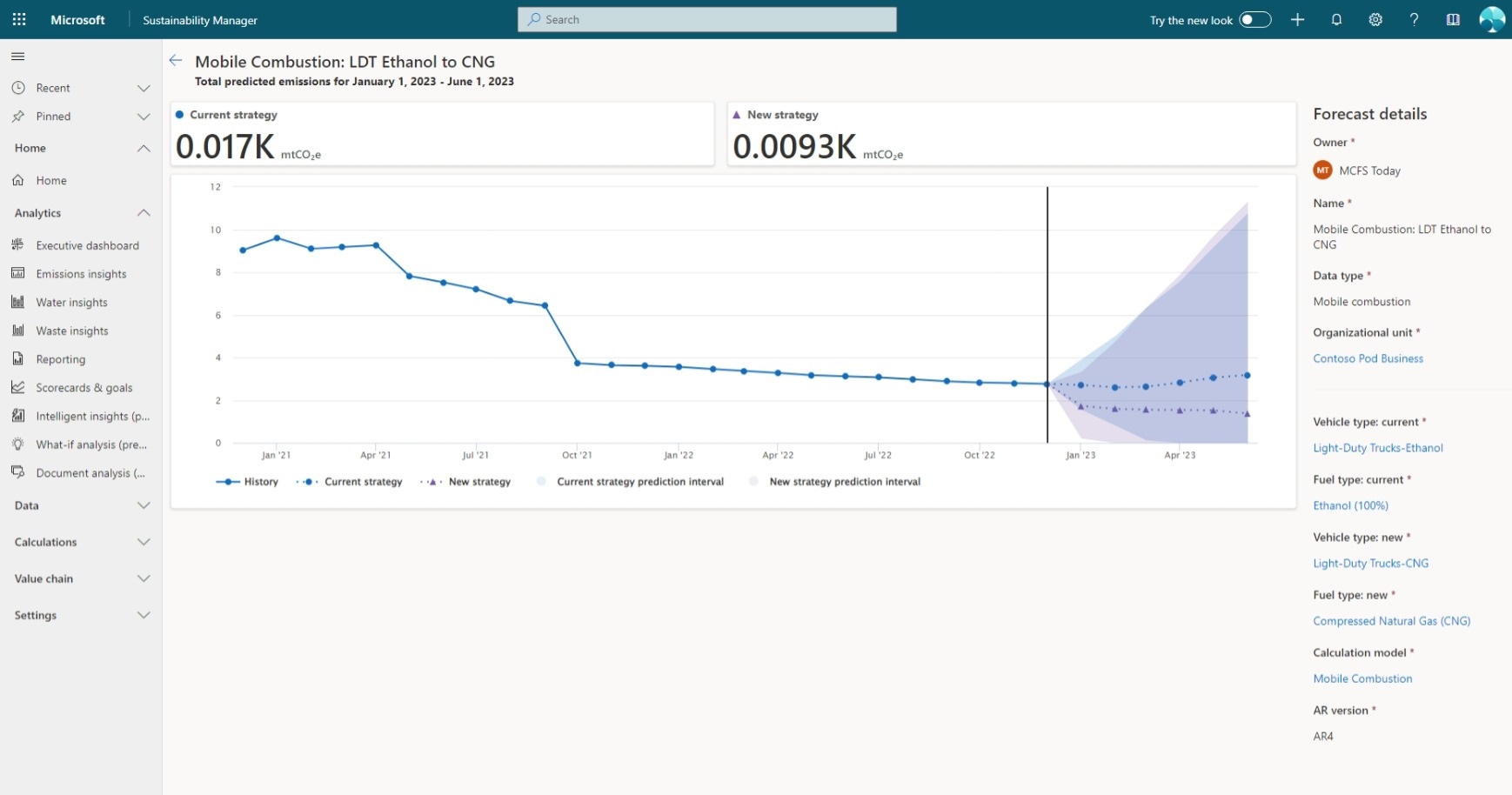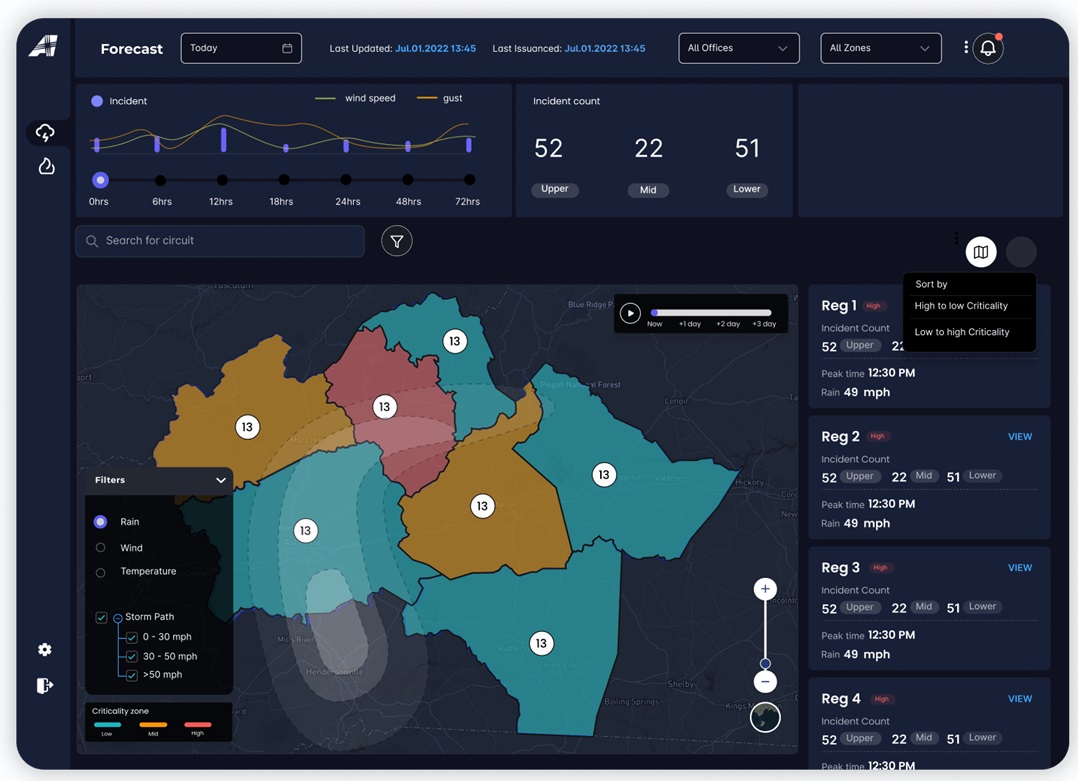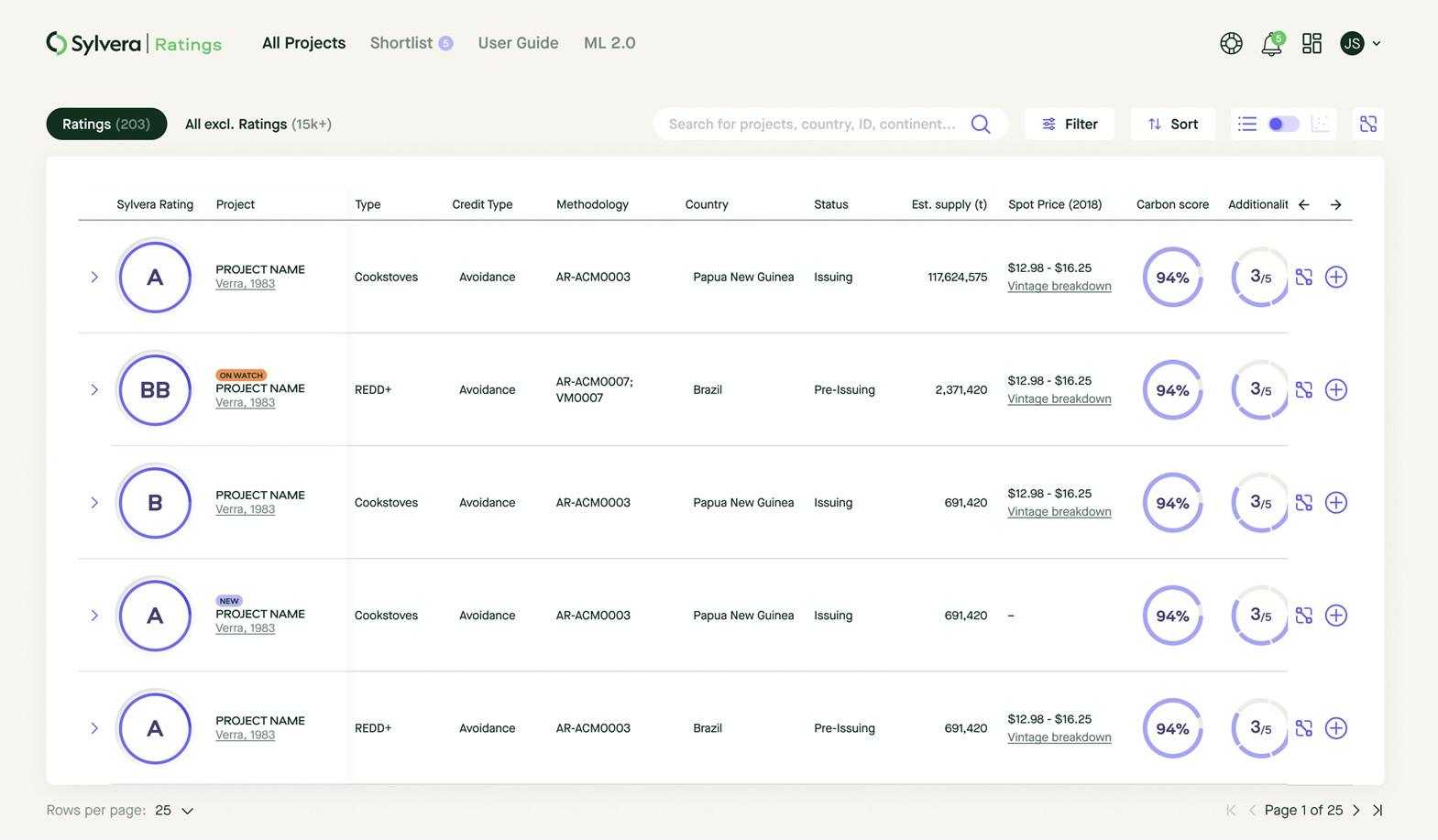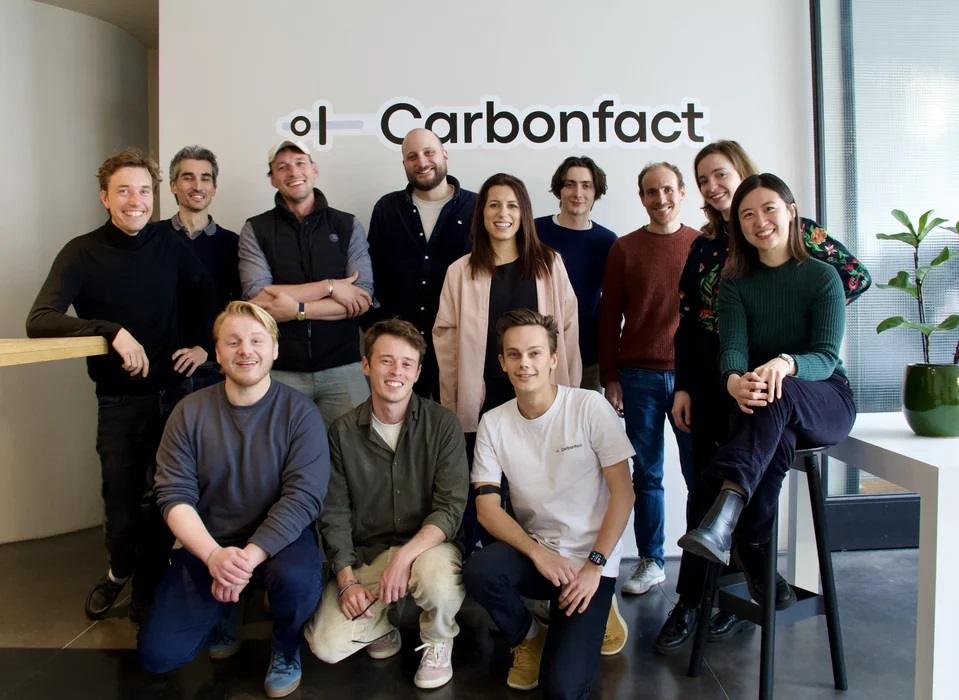Microsoft Adds AI-Powered Capabilities to Predict Emissions Impact of Actions to Sustainability Platform
Microsoft announced the addition of a series of new capabilities and features to its sustainability solution, Microsoft Sustainability Manager, including tools to enable users to determine the emissions impact of business decisions, analyze and extract data from ESG-related documents, and assess scenarios for water and waste management.
Sustainability Manager forms part of Microsoft’s Cloud for Sustainability platform. Microsoft unveiled the platform in 2021, focused on enabling enable companies to record, report, reduce and replace their emissions through Software as a Service (SaaS) tools, and subsequently integrated the tool with Sustainability Manager, a data intelligence-focused solution offering organizations an increasingly automated view into the emissions impact of their entire operations and value chain.
One of the key new features added to Sustainability Manager was “what-if analysis,” currently in preview, an AI-powered feature aimed at enabling users implement informed emissions reduction strategies by forecasting the carbon footprint impact of changes to business practices, such as a transitioning a facility to renewable energy, or comparing between suppliers.
Microsoft is also previewing Microsoft Copilot in Sustainability Manager, a feature designed to help users find and extract information from ESG documents, using generative AI to ask questions and receive answers quickly to analyze documents uploaded in natural language.
Additionally, Microsoft announced the extension of Sustainability Managers’ “key influencer” feature for water and waste management. First announced in November 2023, key influencers initially enabled users to identify patterns showing increasing or decreasing emissions, in order to identify the most significant factors contributing to the changes. With the expansion of its capabilities, key influencers also enables users to identify contributing factors to water withdrawn, discharged and consumed, and to waste generated, disposed and recovered. Microsoft also announced a “waste estimation” feature in preview, enabling estimation of an organization’s waste disposal and diversion quantities through customizable intensity-based factors.
In a post announcing the new features, Shefy Manayil Kareem, General Manager, Microsoft Cloud for Sustainability, said:
“With the emergence of generative AI, Microsoft Sustainability Manager continues to expand at a rapid pace, enabling an unprecedented level of interaction, analysis, and insight to help you make informed, data-driven decisions and drive change.”
Image source: Microsoft







